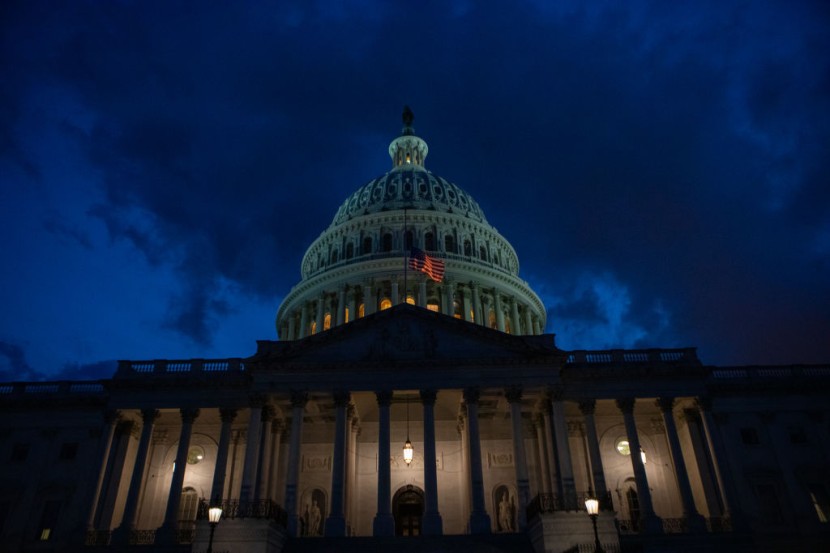
United States Senate Democrats on Saturday started a vote on a bill covering fighting climate change, cutting the price of energy and prescription medications for the elderly, and raising taxes for the rich, which are significant points in President Joe Biden's agenda.
The majority of the $430 billion bill could be passed with only a simple majority, circumventing the filibuster rule that requires 60 votes in the 100-seat chamber to advance most legislation and allowing Democrats to cross it over Republican opposition, according to majority leader Chuck Schumer.
According to The Guardian, Democrats expect the measure will help their candidates in the midterm elections on November 8, where Pres. Biden's party is fighting a losing struggle to hold onto its slim majority in both chambers of the US Congress.
Schumer stated that Democrats received some "extremely good news" for it will now be possible for Medicare to negotiate medicine prices, which the legislator called a "major victory for the American people."
The bill includes three primary sections: a 15% minimum corporate tax, stricter IRS enforcement, and a new excise tax on stock buybacks.
Along with more than $740 billion in new taxes, the law adds $430 billion in additional spending.
The legislation would provide $4 billion in new federal drought relief allocation in addition to the billions of dollars to promote the manufacturing and acquisition of more electric vehicles and develop renewable energy.
The measure is believed to benefit the candidacies of Democratic Senators Mark Kelly in Arizona and Catherine Cortez Masto in Nevada.
Republicans Vow to Block Bill
On the other hand, Senator Lindsey Graham described the legislation as "jihad they're on to tax and spend" on Friday, and Republicans have vowed to do everything in their power to stop or block the bill.
Several Democratic senators declared they would vote against every amendment out of concern that they may lead a carefully constructed agreement to fall apart, per a report from CNBC.
Climate Advocates Want More From the US
There is a general perception that the US is just catching up to its partners after years of delay, even though the law is being hailed internationally. Additionally, there is more pressure on the US to compensate for its historical part in aggravating global warming.
Bob Ward, policy and communications director at the London-based Grantham Research Institute on Climate Change and the Environment, said that the law is a substantial development, "but it's important not to get carried away," CNN reported.
The bill, according to Ward, gives the US's previous commitments a "degree of legitimacy," but the majority of the world wants to see the US commit to large climate finance funds to aid the most vulnerable nations in reducing emissions and adapting to the issue.
Ward claims there is nothing in the legislation about international climate funds, which raises concern.
"The issues that are still key in the discussions are not really addressed by this bill," he noted. "Leadership is now required from the rich countries in climate finance."
However, lawmakers and experts agreed that if the plan is approved, it would significantly improve Biden's capacity to fulfill his international climate pledges. According to the independent climate change research firm Rhodium Group, it would put the US on a path to reduce greenhouse gas emissions by 31% to below 2005 levels by the end of the decade.
By 2030, Biden vows to decrease US emissions by 50%.
Related Article: China Blocks Calls From Pentagon as Washington Expresses Concern Over Increased Military Drills in Taiwan








